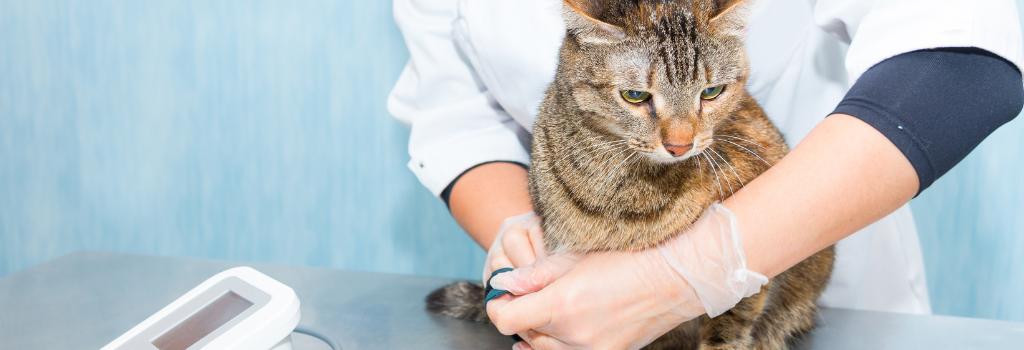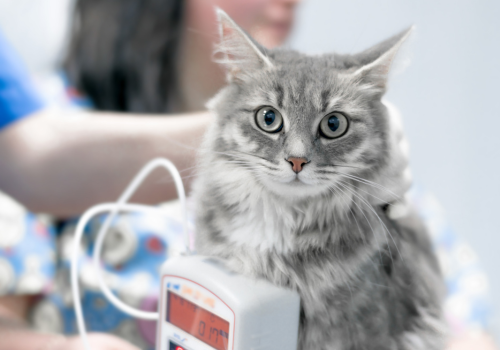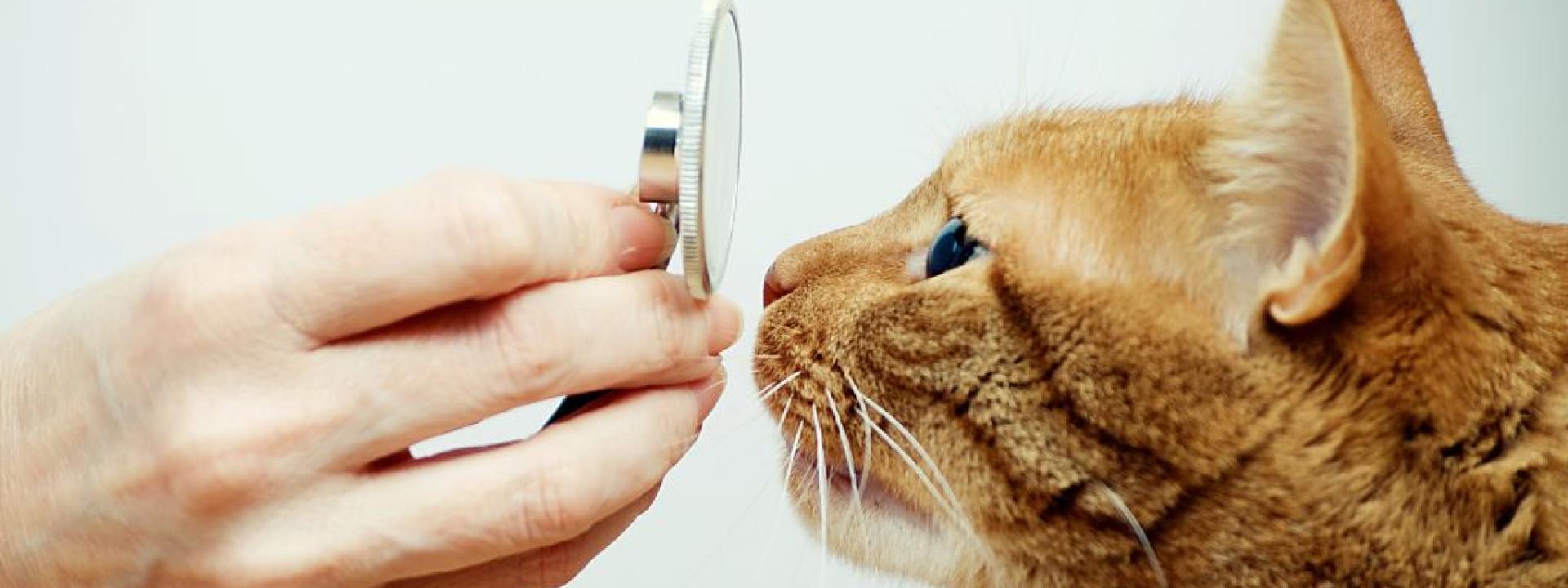Your cat’s heart health is critically important to their overall wellbeing and quality of life. While suspecting heart disease in your cat can be scary, early intervention is essential to ensure it doesn’t impact their longevity. Whenever you suspect a health issue with your cat, it’s tempting to seek insight and answers online. At Veterinary Medical Center, we work extremely hard to bring you factual information you can trust. To avoid the incorrect or misleading, you can come across on the web, we’ve taken the most frequently asked questions about cat cardiology and answered them as thoroughly and accurately as possible to ensure you have the facts.
If you’re looking for a highly trained veterinarian in Union City, CA, we’d love to see your cat for an exam to confirm their heart is healthy, so please call us at (510) 441-8500.
How do heart issues impact the health and wellbeing of my cat?
The heart is an incredibly critical organ in the body. If it’s not functioning well, your cat will not enjoy the high quality of life they deserve. A serious heart issue can remain hidden for years before finally presenting symptoms, meaning your cat is already experiencing deteriorating heart function at that point and likely feeling very unwell.
What preventative measures do veterinarians recommend to help avoid feline heart disease?
One crucial veterinary recommendation to ensure your cat avoids heart disease is to have a physical exam at least once a year, if not twice. Cats tend to hide heart disease, so it’s imperative that they receive regular checkups to ensure everything is working properly. Early detection is the key to avoiding feline heart disease, as your veterinarian can take measures if they see warning signs that the cat may be at risk.
What are some signs and symptoms of cat heart issues, and what problems can they cause, such as cardiomyopathy?
Since cats rarely exhibit signs of disease or illness, it’s often hard to detect at home. Behaviors that aren't normal for your cat warrant a trip to your veterinarian.

Common signs of heart disease in cats include:
- Lack of appetite
- Weight loss
- Lethargy
- Difficulty breathing
- Sudden collapse
- Stunted growth in kittens
Cardiomyopathy is a disease of the heart muscle, one of the more common diseases we see in cat cardiology.Cornell University College of Veterinary Medicine offers insight into the various types of cardiomyopathy.
Do cats have problems with high blood pressure?
Cats can, unfortunately, develop high blood pressure, which is why testing is highly recommended for senior pets. We know that cats can get excited and nervous when they visit their veterinarian, so we always interpret the results with their anxiety in mind.
Dogs can have heart murmurs, so can cats have them as well?
Cats can most certainly have heart murmurs, just like dogs. A murmur is an abnormal flow of blood through a heart valve. Approximately 50% of cats with heart disease have heart murmurs, making it not as common as in dogs.
How does an irregular heartbeat affect a cat?
Your veterinarian can detect an irregular heartbeat by listening with a stethoscope during your cat’s physical exam. An irregular heartbeat means the heart is not pumping effectively or is out of rhythm. A top sign of an irregular heartbeat in your cat is lethargy.
Why is it important to avoid diagnosing your cat with heart disease yourself?
Cats like to hide ailments and diseases, so you’re unlikely to be aware when they’re having a health problem. If you do, you’ll want to know precisely what that problem is and how to treat it best. Your veterinarian is critical to your cat’s care and should always be consulted when you suspect your cat is experiencing a health issue.
How will a veterinarian diagnose heart issues in my cat?
A physical exam is critical for diagnosing heart issues. During an exam, your veterinarian will listen to the heart to detect an abnormal rhythm or possibly a murmur. At Veterinary Medical Center, we also have a specialized blood test that can determine whether a cat has heart disease or whether the heart is healthy. More specifically, we can use an echocardiogram, which is an ultrasound of the heart.
What are some possible treatments or procedures for a cat with heart issues?
There are a few things you can do at home to help your cat prevent or overcome heart disease, each of which is highly effective and will support their overall wellbeing and quality of life.
Treatments for cats with heart disease include:
- Giving them adequate and proper exercise
- Feeding them a well-balanced diet
- Not letting them become overweight

Are there any procedures that can be done on a cat with heart problems?
As mentioned, we can conduct an echocardiogram, a specialized ultrasound that allows your veterinarian to measure the muscle of the heart. These tests can detect if it's too thick or if it's pumping effectively. Cats’ heart disease can be equated to a bodybuilder — they're not very flexible, and the heart is essentially a big pump. If it's not very flexible, it's not going to squeeze well.
Why is early detection and diagnosis so important for your cat?
The team here at the Veterinary Medical Center believes strongly in preventative medicine. Whenever we can catch a disease in its early stage, it usually carries a much better prognosis for your cat.
If you have further questions about cat cardiology, reach out to your veterinarian. If you live in or near Union City, CA, we’d love to see your cat for an exam to make sure their heart is healthy, so please don’t hesitate to call us at (510) 441-8500 or email us at [email protected].

